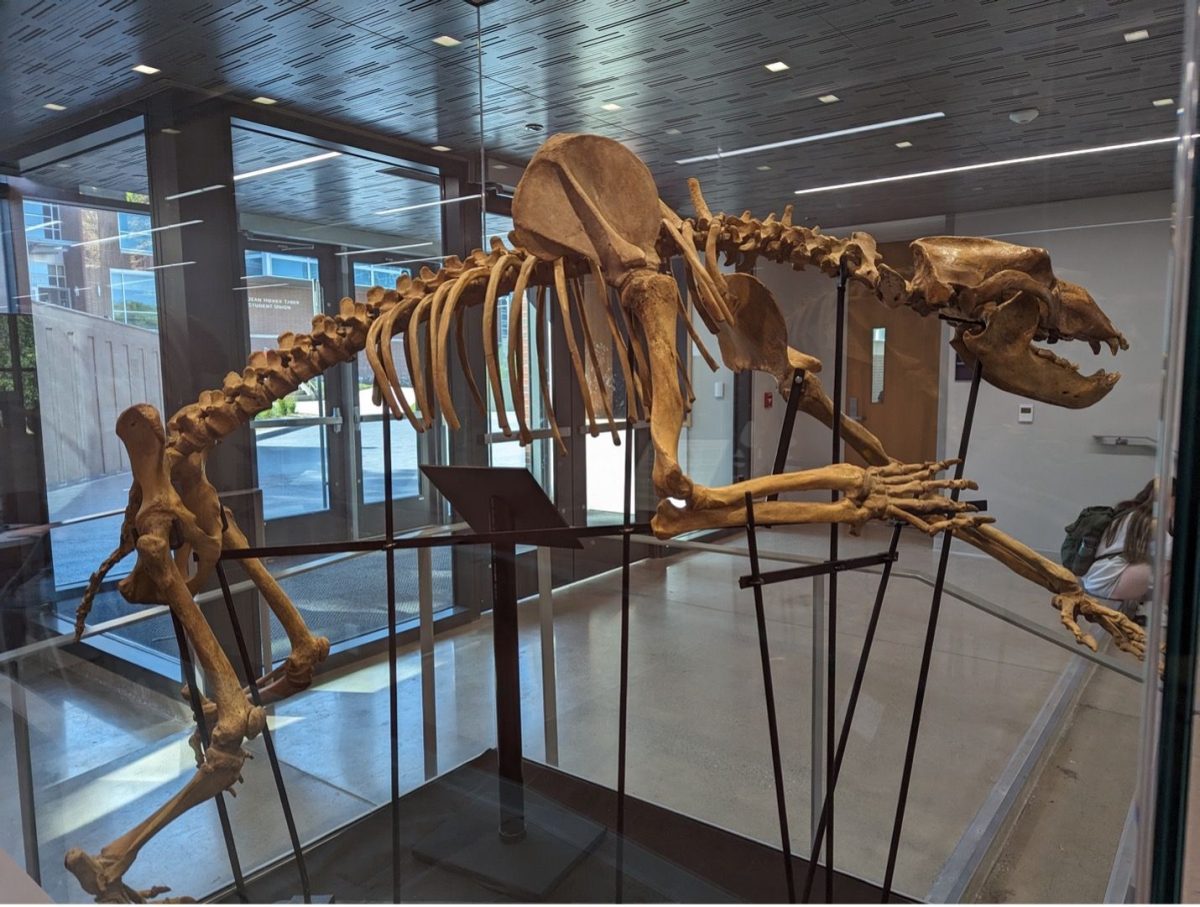“With the income per capita rising in India and China, more of the world’s citizens want to add the food of the rich to their daily diet: meat. This increase in demand have many consumers worried about the price of their Big Mac, but the rising price of meat is nothing compared to the toll meat production takes on the environment.”
“
With the income per capita rising in India and China, more of the world’s citizens want to add the food of the rich to their daily diet: meat. This increase in demand have many consumers worried about the price of their Big Mac, but the rising price of meat is nothing compared to the toll meat production takes on the environment. Meat production and consumption is one of the least discussed environmental hazards but it is the highest producer of greenhouse emissions. Yes, it’s true. Raising cattle creates more harmful toxins than driving cars or coal-powered plants.
The U.N. Department of Farming and Agriculture released a report citing livestock’s contribution of greenhouse gases at 18 percent. It releases 9 percent of the world’s share of CO2, 69 percent of nitrous oxide and 64 percent of all the world’s ammonia. Livestock degrades air, land and water resources. Continual use of land for grazing leads to compaction and erosion.
Livestock production uses 30 percent of the earth’s surface and reports classify 20 percent of these pastures as degraded and is the leading cause of damage to scarce water sources. The increased demand for feed is a driving factor in the deforestation of Latin America’s rainforests. The president of Brazil recently announced the need for emergency measures to halt the destruction of the country’s rainforests for crop and grazing land.
With U.S. factory farms generating more than 1.5 billion tons of animal waste a year, some of it is bound to find its way into surrounding areas drinking water. Not only does animal production lead to the contamination of drinking water, but it also is a contributing factor in the destruction of coral reefs.
Like most of the other world’s resources, America consumes more than it produces and our unrestrained consumption has lasting environmental impacts. With our diet contributing to such environmental problems as global warming, deforestation and the pollution of drinking water, it is obvious that something needs to change.
Americans, on average, are downing more than 200 pounds of meat per year. If Americans were to consume less meat, just 20 percent less, it would be like the entire country switched from driving an average sedan to the super-efficient Prius. But unlike purchasing a Prius, the decrease of meat in the average American’s diet does not cost anything. With the increased focus on protecting the environment, something as simple and affordable as lessening our meat consumption is an easy way to make an impact.
“











